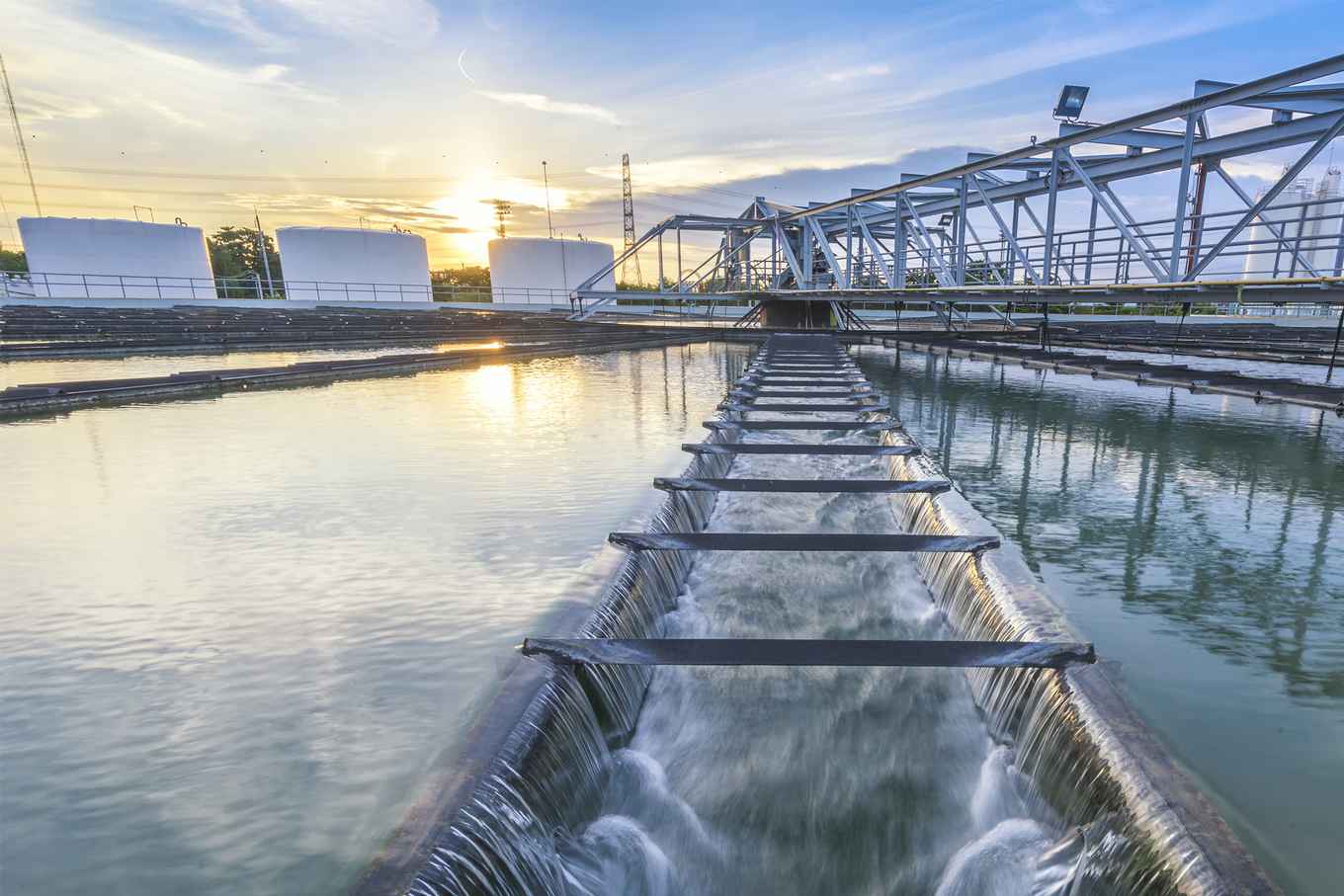Six million euros for consortium research on reuse of wastewater
11 March 2021

AquaConnect
Increasingly, the Netherlands faces a shortage of freshwater due to severe drought. The broadly based AquaConnect-consortium, led by Prof. Huub Rijnaarts from Wageningen UR, offers a solution: The researchers aim to deploy novel water purification technologies to reuse wastewater and brackish groundwater. The technology is supported by a system that determines the required water quality for each purpose. This method may then be used by the government in its policymaking.
Moreover, the researchers are working on advanced computer models to link water supply and demand through so-called smart water grids that include subterranean water. For four regions, i.e. South-Holland, Zeeuws-Vlaanderen, the Higher Sandy Regions, and the region of Amsterdam, the programme will demonstrate how they may become self-reliant for freshwater. These regions will serve as an example for the rest of the world.
Risk assessment
Within the research programme AquaConnect 13 PhD candidates and 4 postdocs with their academic supervisors will be closely working together with 37 end-users such as engineering offices, technology providers, water utilities and water authorities, municipalities, and provinces. At the UvA Institute for Biodiversity and Ecosystem Dynamics (IBED), one PhD candidate and one Postdoc will be working on risk-assessment of re-use in cyclic water systems.
‘We will study chemicals of emerging concern and their transformation products, examine their occurrence, fate during re-use, removal during additional technologies applied and ultimate risks to both workers, consumers and environment’, explains IBED professor environmental ecology Prof. Annemarie van Wezel. ‘We aim at a systematic investigation in both lab, field and case studies, also in the Amsterdam metropolitan region. Furthermore, we will evaluate the effects on the ecological system of the water re-use. We will study occurrence and abundance of species and functions present in non-cyclic and cyclic water systems, and generalize this in an ecological model for water re-use.’
In doing so, AquaConnect will contribute to implementation of the recent legislative development such as the EU Water Re-use regulation, and the creation of good and practical guidelines for end-users, such as drinking water utilities, industries, agriculture and involved authorities that have to decide on various options for water re-use.
Perspective
The NWO Perspective programme funds six overarching consortia for a total of 22 million euros. These consortia were selected because they are researching technological innovations with economic potential during the coming years.
The Perspective programme challenges scientists to develop novel research routes with economic and social impact in collaboration with businesses and civic organisations. This Dutch Research Council (acronym NWO) programme is funded by the Ministry of Economic Affairs and Climate. The Perspective programme strives to contribute to creating economic opportunities within the key technologies and social themes of the mission-driven innovation policy.
Contact person
Overview of parties involved
These parties are included in the consortium: Amsterdam Institute of Advanced Metropolitan Solutions-AMS, Brabant Water, Deltares, Dow Benelux, Dunea, Evides, Municipality of Amsterdam, Municipality of Terneuzen, GlastuinbouwNL, Port of Rotterdam, HZ University of Applied Sciences, ICT Netherlands B.V., KnowH2O, KWR Water, Ministry of Infrastructure and Water Management, Netherlands Water Partnership-NWP, North Sea Port, Nijhuis Industrial Technologies, NXFiltration, Oasen, Province of Noord-Brabant, Province of Zeeland, Province of Zuid-Holland, Royal Haskoning DHV, Shell, Stibbe, STOWA, Swinkels, Technical University Delft, Techniscal University Eindhoven, Utrecht University, University of Amsterdam, Twente University, Vitens, Vrije Universiteit, Wageningen Environmental Research, Wageningen Food & Biobased Research, Wageningen University & Research, Water Alliance, Aa en Maas Water Board, Hoogheemraadschap Holland Noorderkwartier Water Board, Rijn & IJssel Water Board, Scheldestromen Water Board, Vallei & Veluwe Water Board, Vechtstromen Water Board, Witteveen&Bos.